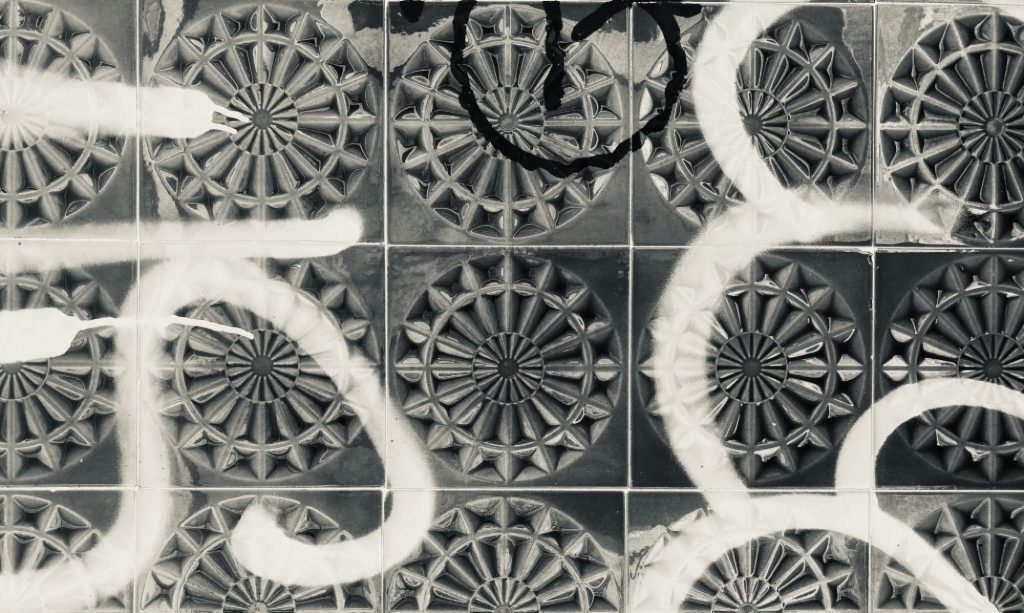“It Matters Mood-boards” to Embed Positionality and Decolonise Design Research
Context and Rationale
Mood-boards are widely used in design education as visual research tools, but they often serve a superficial function—collating aesthetic references based on trends or convenience, rather than critical inquiry. In many cases, students build mood-boards using disconnected images from Google searches, without contextual analysis or reflection on their own subjectivity.
This proposal aims to reposition the mood-board as a reflective and discursive tool for embedding student positionality within generative research. Drawing on Floraine Misslin’s reflections on “scrambled temporality” (2022), mood-boarding is reimagined not as aesthetic benchmarking, but as a method for mapping personal, cultural, and historical references—acknowledging, rather than appropriating, influence. Rather than distancing themselves from their material, students will be asked to enter the conversation and reckon with their positionality.
Aims and Objectives
- Support more inclusive, diverse, reflective and critical design practices from the outset of a project.
- Students to critically engage with their own positionality as a resource for generative research.
- Promote decolonisation approaches by interrogating dominant canons and expanding the range of references. Enable students to surface assumptions, identify gaps in research scope, and diversify the sources that shape their research contexts.
- Reframe mood-boards as tools for critical reflection, not just aesthetic curation.
Intervention Plan
The proposal involves developing a workshop or toolkit that guides students through a reframed “It Matters Mood-boards” process (it’s a working title). The toolkit will offer multiple entry points–a personal experience, a contextual prompt or a thematic concern–to support accessibility and autonomy in how students explore their design research contexts.
The intervention will be piloted in the BAPID course during the early stages of students’ final-year self-initiated projects. It could also support second-year students beginning to explore their design context for the final year project. While BAPID’s Contextual Studies module already supports developing students’ critical analysis through the Reflective Paper, this workshop or toolkit would be a precursor and offer a complementary visual mode of inquiry—supporting students to recognise how their own experiences, histories, and cultural standpoints shape design choices.
Evaluation
A review of relevant literature pertaining to mood boards and critical pedagogy (see References) will be undertaken prior to prototyping the workshop or toolkit. It will be introduced to students in the first week of the Autumn Term, with qualitative feedback gathered through reflection. Long-term impact could be tracked through its integration into project development processes and subsequent reflective writing.
References
Ahmed, S. (1994) Teaching to Transgress: Education as the Practice of Freedom. New York: Routledge.
Ahmed, S. (2017) Living a Feminist Life. Durham, NC: Duke University Press.
Costanza-Chock, S. (2020) Design Justice: Community-Led Practices to Build the Worlds We Need. Cambridge, MA: MIT Press.
Law, J. (2004) After Method: Mess in Social Science Research. London: Routledge.
Misslin, F. (2022) ‘Mood Boards & Scrambled Temporality’, KoozArch. Available at: https://www.koozarch.com/interviews/mood-boards-scrambled-temporality (Accessed: 24 May 2025).

Dear Jeffrey,
I hope that you are well and appreciate your engagement with formative submission and feedback. The format for this formative feedback is a 300-word maximum summary with 3 questions and or provocations supported by a resource for each item.
Please find below my feedback, which I hope that you find useful:
LO1: Critically evaluate institutional, national and global perspectives of equality and diversity in relation to your academic practice context. [Enquiry] –
This intervention is clearly designed to encourage students to consider their positional influences when designing mood boards and beyond. I think there is scope in the reflective report to consider how this supports the development of their practice.
LO2: Manifest your understanding of practices of inequity, their impact, and the implications for your professional context. [Knowledge] –
Your intervention shows that you have a good understanding of how inclusive practices play a part in a creative practitioners’ design process and thinking. In your case specifically as an element of influence through the positioning of self. Do consider there to be any risk of this intervention becoming a tick box learning implementation?
LO3: Articulate the development of your positionality and identity through the lens of inclusive practices. [Communication] –
As part of your reflective report, I encourage you to state your position of being a teacher in a specific discipline in UAL to align your rationale with your positionality. The objectives you have set in are well articulated considerations of inclusion and supports students in reframing their practice from their positional context
LO4: Enact a sustainable transformation that applies intersectional social justice within your practice. [Realisation] –
Transformation in this intervention is in its diverse critical designs, encouraging students to expand their references beyond dominant canons and positional reframing of mood-boards. This is an exciting approach, and I would encourage you to advance this to the Action Research Project.
Finally, please find some further questions as provocations to support the development of your intervention:
Considering positional responsibility? – Rodriguez Schon, V. (2023). Pursuing positionality in design. IASDR 2023: Life-Changing Design.
Is there an opportunity to also consider positionality and how it influences design processes – Moses, T. and Elzey Mercer, L. (2022). Examining the Influence of Positionality on the Facilitation of Design Processes. Dialectic, 3(1).
Have you considered similar approaches? – University of Cambridge (2017). What is inclusive design? [online] http://www.inclusivedesigntoolkit.com. Available at: https://www.inclusivedesigntoolkit.com/whatis/whatis.html
Regards and take care,
Kwame Baah